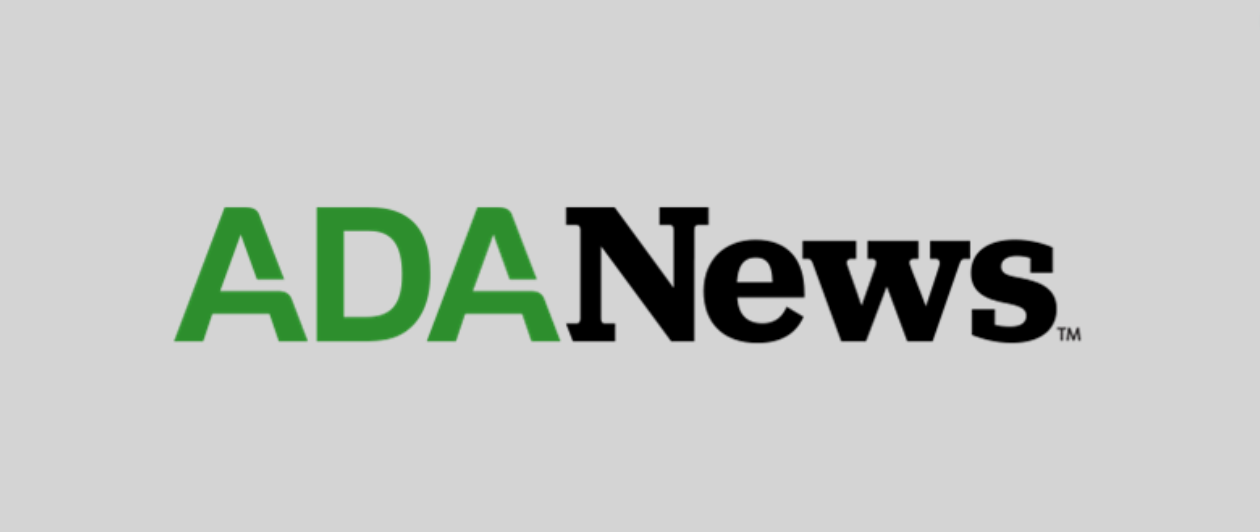
American Legislative Exchange Council adopts dental workforce model
In a declaration of its priorities, the Health and Human Services Task Force of the American Legislative Exchange Council adopted the ADA-crafted Dental Access Model Act at its meeting in Washington, D.C. on Dec. 4.
The model legislation will serve as a guide for legislators looking to address dental workforce issues. Sen. Majority Leader-elect Janae Shamp, R-Ariz., served as the public sector sponsor.
Chair of the ADA Council on Government Affairs, James Tauberg, D.M.D., along with ADA staff, presented the policy to the task force, which consists of three parts:
• Authorization of expanded function dental auxiliaries, based on the legislation enacted in Wisconsin.
• Authorization of oral preventive assistants, based on a pilot program created by the Missouri Dental Association, which took effect Dec. 1.
• Model teledentistry regulations based on current Iowa law.
Expanded-function dental auxiliaries are currently authorized in some form in 36 states and have been utilized in the military for many years. They are widely recognized as a way to safely increase the efficiency of dental teams.
A 2012 study on expanded function dental auxiliaries and office productivity in Colorado indicated that dentists who increased their delegation of duties to an expanded function dental auxiliaries from 0 to 20% experienced a 12.9% increase in office productivity as measured by patient visits. Those who increased that delegation to 40% experienced a 27.1% increase in productivity.
Oral preventive assistants are sometimes referred to as scaling assistants and, apart from Missouri, currently exist in Kansas and Illinois, where they are allowed to scale on healthy pediatric Medicaid patients.
Data from the ADA Health Policy Institute indicates that in this most recent quarter, 40% of dentists surveyed reported that they were actively recruiting an assistant or had done so in the last three months. Thirty-four percent reported the same for a hygienist.
Of those dentists actively recruiting, 95% reported they found those efforts to be either “very” or “extremely challenging.” Eighty-seven percent reported the same for a dental assistant. This means a key priority is ensuring the ability of dentists to utilize their current team members to their greatest extent, according to the ADA.
“The proposed model is in the best interests of the public and promotes improvements for those seeking to support quality oral health care,” said ADA President Brett Kessler, D.D.S.
ALEC is a free market, limited government think tank with influence among conservative legislators around the country. Membership consists of private sector groups like the ADA, as well as public sector members like legislators and state elected officials. Passage of this model, which still requires final approval by the ALEC board, constitutes official ALEC policy.
For the latest updates to the ADA’s workforce advocacy visit ADA.org/Advocacy.
ADA News

